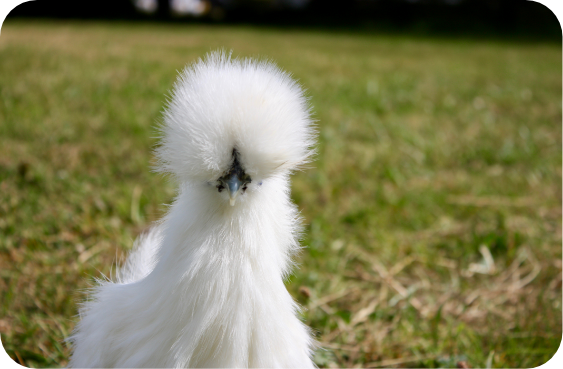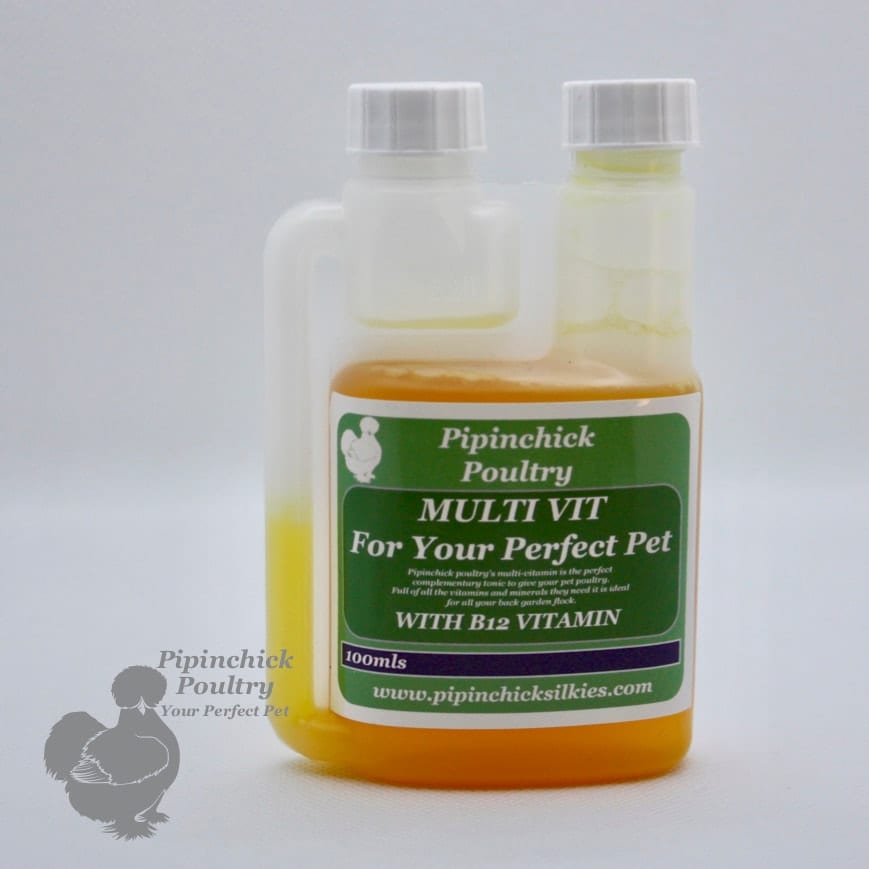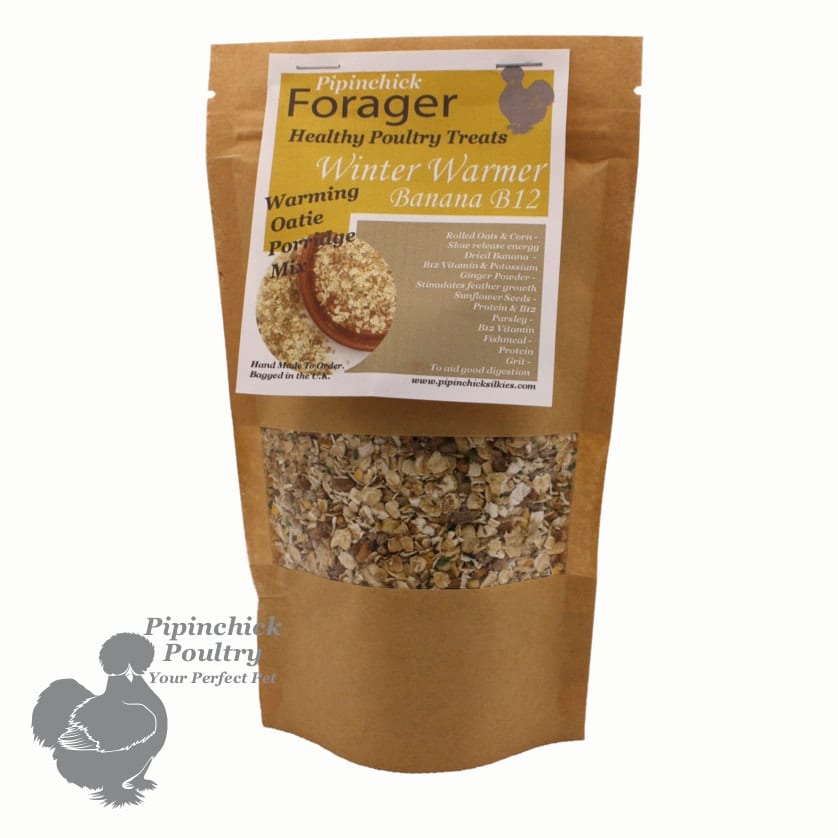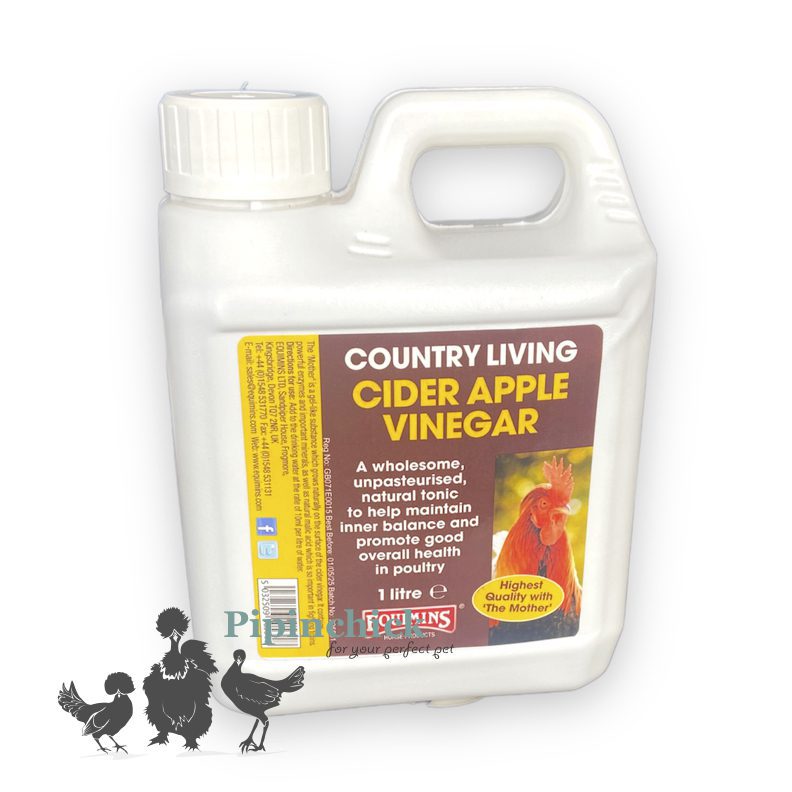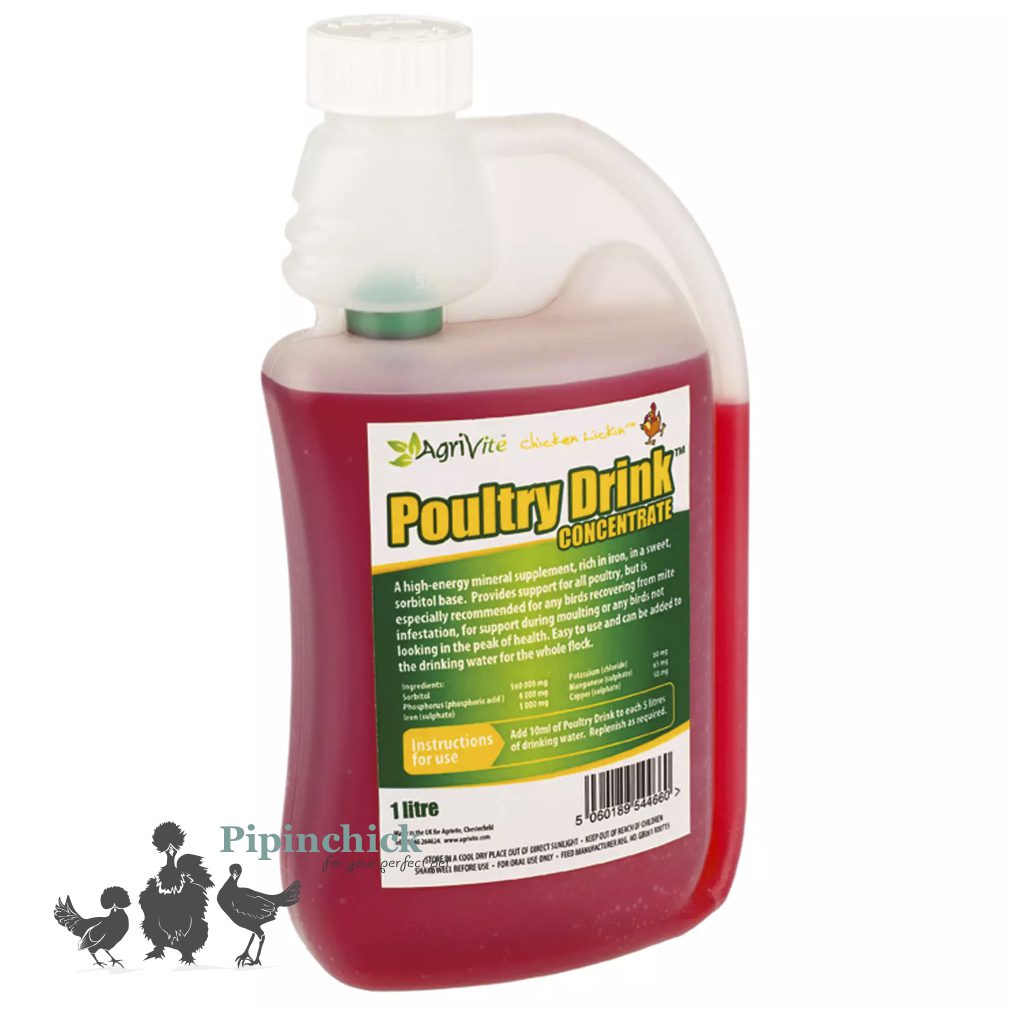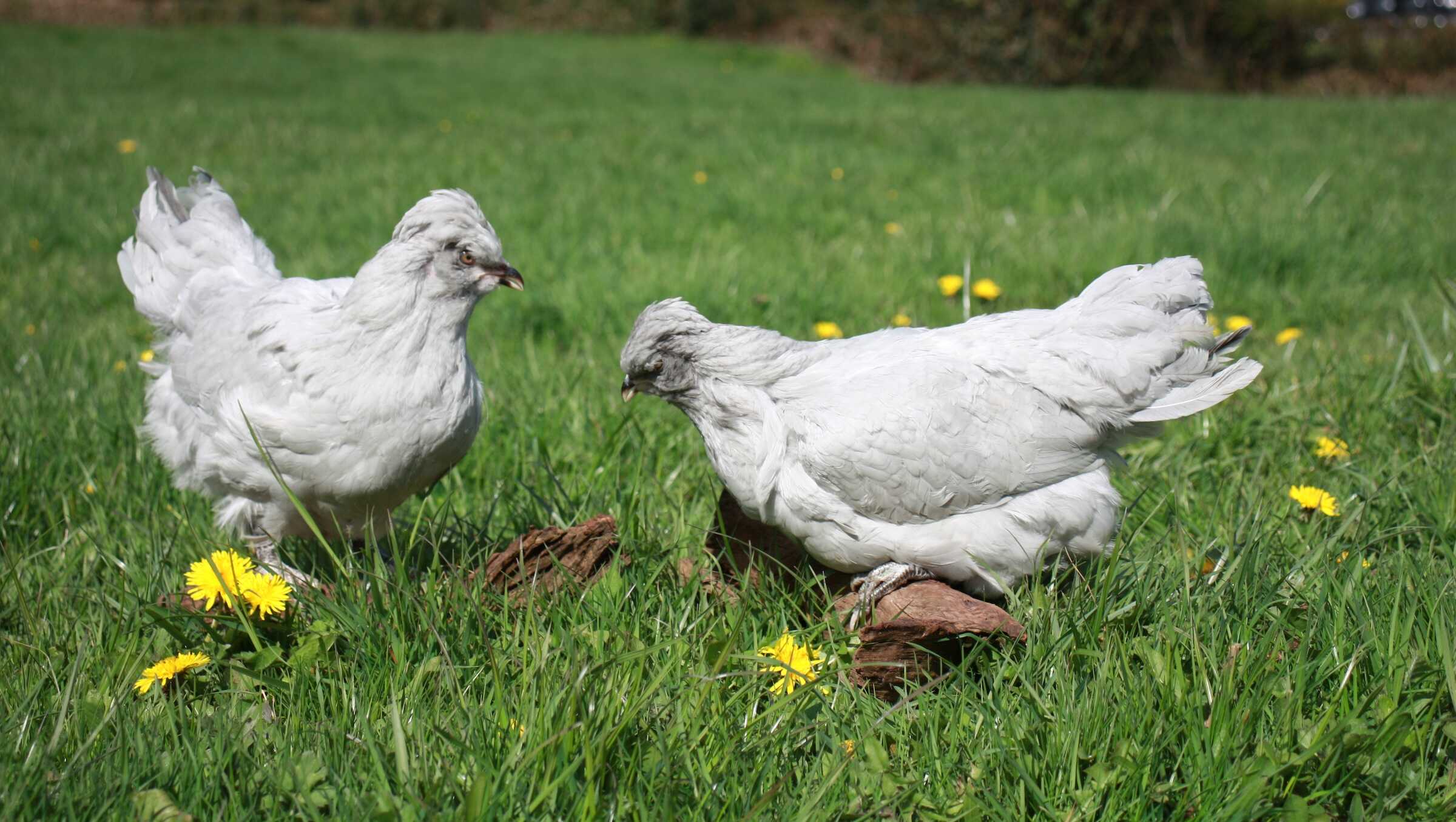



How to Treat a Chicken With Wry Neck
What is Wry Neck?
Wry neck is a condition also known as Star Gazing, the exact cause of wry neck can be one of a few things but it is simply a miss communication from the body to the brain meaning that your hens nervous system is not functioning correctly. This displays as a twisting of the neck, walking in circles or to one side. This condition can look very severe and can cause the hen to have serious mobility issues.
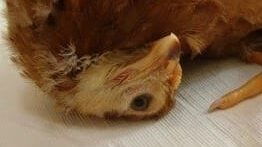
What are the main symptoms of Wry Neck in chickens?
- Twisting of the neck, this can be a subtle head bop to a full twist where the bird’s head will turn to look up at the sky.
- Walking in circles, wobbling or from hopping unsteadily side to side.
- Symptoms exacerbated by moments of stress or excitement.
- Dragging their head along the floor.
- Otherwise showing no signs of illness, hens will appear quite happy in themselves and still want to eat and drink and be with their flock mates
What Causes Wry Neck?
Wry neck can be caused by one of a few reasons:
- Bad hatching, if you have a young chick with this condition, it could be that they did not hatch from their egg properly and have some kind of nerve damage.
- Lack of Vitamin B12 this is such an important vitamin for chickens, without enough vitamin B12 their brain cognitive function does not work properly resulting in the twisting of the neck and mobility issues.
- Brain damage, sometimes a bang to the head in the wrong place can cause this type of nerve damage, this is more common in pom-pom (crested) chickens due to their vaulted skull which creates a delicate area on the top of their head. Sadly, this is permanent although it can be treated or managed to be less severe. Causes could be jumping up to roost and hitting the top of the hen house, falling off a walkway that is too steep, a cockerel that is overly aggressive or perhaps too large for the hens, even a hard peck from a larger more aggressive breed can cause it.
- Inner ear infection, this results in the bird waling in circles a lot more than neck twisting.
How to prevent Wry Neck?
Preventing Wry Neck can be as simple as offering the right nutrition, ensure you use a good quality soluble multi vitamin with lots of added B12 vitamin. If you own crested breeds make sure you are only putting them in flocks with compatible breeds, for e.g. do not put Polands into a flock of rangy Hybrids, they will likely be pecked or bullied. If you have crested flightless birds such as Silkies make sure they can access their house easily, they do not like ladders or steep ramps. If you have roosting breeds, ensure there is enough head room from your roosting bars to the top if the house. If you have a cockerel, ensure you have the right sized cockerel for your hens and enough hens so that the ones you do have with him are not being ‘over worked’ we recommend a minimum of 6 hens per cockerel.
To prevent ear infections, check your hens regularly and keep a clean area.
Effective Treatment.
There are no set cures for this condition as it can depend on how severe the damage is and whether it is nutritional, brain damage or an inner ear infection.
If the cause is nutritional, then it can be resolved by changing to a very good high-quality pellet feed. We recommend using Fancy Feed, we use this feed on our small holding and have found it very effective with adult birds that have shown wry neck symptoms. We also recommend giving the hen an undiluted syringe of our Pipinchick Multi vitamin, 5mls once a day for about 10 days, this has been proven very effective for treating a chicken with nutritional wry neck. If this helps it is then advisable to ensure you are giving multi vitamin in their water constantly as your hens have a deficiency.
If this does not help then you could try an anti-inflammatory, we recommend using a liquid suspended ibuprofen, use 5ml per 1kg of chicken weight. Administer once daily for one week, this should really help as it will relax the muscles and allow the bird to have better control of their functions. Wry neck causes the muscles to spasm, and this is also why the bird can lose control of their functions.
Sadly, if the hen has permanent brain damage then it is unlikely she will fully recover, however, you can make her more comfortable, you can try giving 5ml of both suspended ibuprofen and Pipinchick multi vitamin daily, this can relieve the symptoms. With brain damage you may notice that the symptoms are not constant, they may show more when the hen is excited or frightened etc... but majority of the time they seem OK.
If you suspect an inner ear infection, the symptoms of this would lean more towards walking in circles and falling over, then you will probably need to consult your vet for an antibiotic.
Wry neck doesn’t often cause fatality unless the bird has lost all control of her motor functions and is unable to eat or drink, they can live with this condition for many years and will be quite happy in themselves but may need a little extra long-term care.
Face to Face Consultation.
If you are still unsure about the health of your chickens and would like a professional opinion, we now offer live face to face consultations via Zoom, WhatsApp or Facetime, this allows us to have a face-to-face call with you and your chickens. You can show us what’s wrong and we can then offer real-time advice and care tips.
